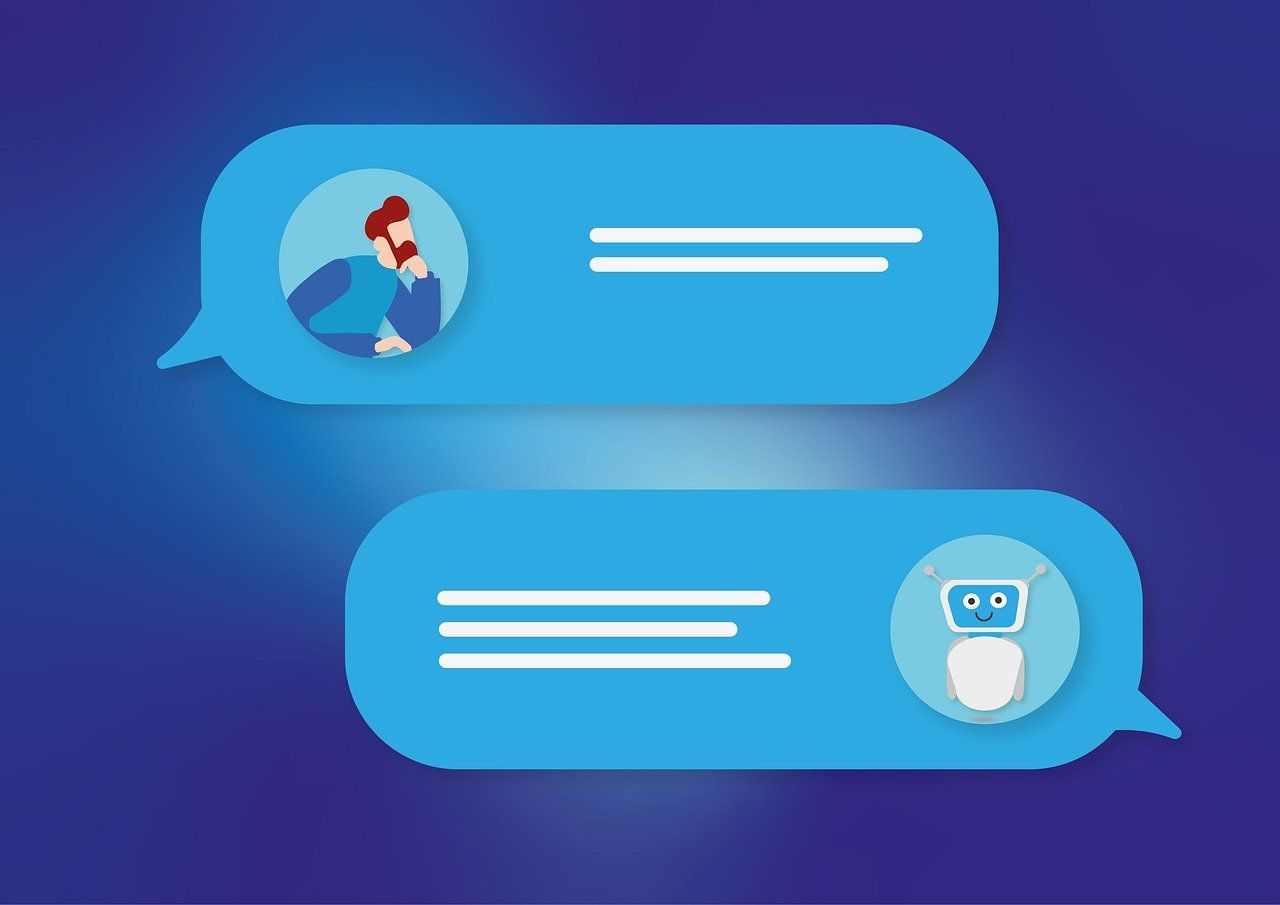
Understanding Cloud-Based Healthcare: Revolutionizing Patient Care and Data Management
 In recent years, the healthcare industry has been undergoing a significant transformation, driven by technological advancements and the need for more efficient, secure, and accessible patient care. One of the most prominent developments in this field is the adoption of cloud-based healthcare solutions.
In recent years, the healthcare industry has been undergoing a significant transformation, driven by technological advancements and the need for more efficient, secure, and accessible patient care. One of the most prominent developments in this field is the adoption of cloud-based healthcare solutions.
In this blog post, we'll explore what cloud-based healthcare is and how it is revolutionizing the way healthcare providers deliver care and manage patient data.
What is Cloud-Based Healthcare?
Cloud-based healthcare refers to the use of cloud computing technology to store, manage, and process health data. This approach allows healthcare providers to access patient information securely from anywhere with an internet connection, enabling them to make informed decisions and provide better care.
Cloud-based solutions offer a range of benefits, including improved collaboration, scalability, and cost-effectiveness.
Benefits of Cloud-Based Healthcare
1. Enhanced Accessibility and Collaboration
Cloud-based healthcare enables healthcare providers to access patient data from any location, facilitating seamless collaboration among medical professionals. This improved accessibility leads to better-coordinated care and faster decision-making, ultimately enhancing patient outcomes.
2. Increased Data Security and Compliance
Cloud-based healthcare solutions prioritize data security and compliance with industry regulations, such as HIPAA.
By leveraging advanced encryption and access control measures, cloud providers ensure that sensitive patient information remains protected from unauthorized access and potential breaches.
3. Scalability and Cost-Effectiveness
Cloud-based healthcare offers unparalleled scalability, allowing healthcare organizations to easily adapt to changing needs and growth. Additionally, by eliminating the need for extensive on-premise infrastructure, cloud solutions help reduce costs associated with hardware, maintenance, and IT staff.
Real-World Applications of Cloud-Based Healthcare
1. Electronic Health Records (EHRs)
Cloud-based EHRs streamline the management of patient data, enabling healthcare providers to access comprehensive medical histories, test results, and treatment plans from a centralized platform. This improves the accuracy and efficiency of patient care while reducing the risk of errors and duplications.
2. Telemedicine and Remote Monitoring
Cloud technology has paved the way for the growth of telemedicine and remote patient monitoring. By leveraging cloud-based platforms, healthcare providers can conduct virtual consultations, monitor patients' vital signs remotely, and deliver care to individuals in remote or underserved areas.
3. Predictive Analytics and Personalized Medicine
Cloud-based healthcare solutions enable the collection and analysis of vast amounts of patient data, facilitating the development of predictive analytics models. These models can help identify potential health risks, optimize treatment plans, and pave the way for personalized medicine tailored to individual patient needs.
In Summary
Cloud-based healthcare is transforming the way healthcare providers deliver care and manage patient data. By offering enhanced accessibility, collaboration, security, and scalability, cloud solutions are empowering healthcare organizations to improve patient outcomes, streamline operations, and drive innovation.
As the healthcare industry continues to evolve, the adoption of cloud-based technologies will play a crucial role in shaping the future of patient care.
Related Articles


